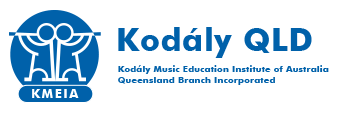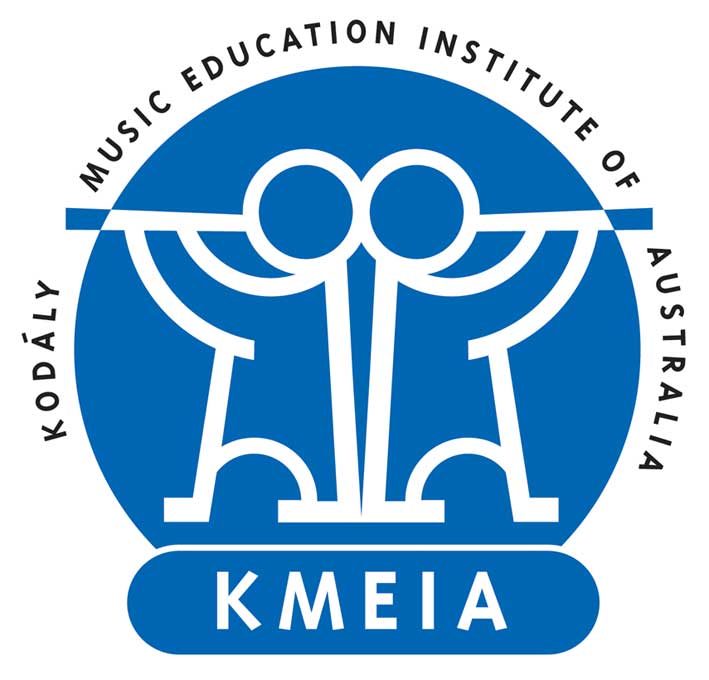RECORDING: March in to Kodály with Jenny Gillan and Deborah Smith
March in to Kodály webinar Series
Session 1:
Guide to Exam Preparation: Imparting the Vocabulary with Jenny Gillan
The Kodaly Approach’s three Ps (prepare, present, practice) provide an outstanding model to apply to the learning of vocabulary and exam revision. In this workshop I will discuss the importance of structured revision, expanding musically specific vocabulary and teaching students how to increase the detail within their answers.
Musical Analysis: Expressive Outcomes with Deborah Smith
Musical Analysis helps musicians learn how to listen. When they occupy the role of audience in this way, they put themselves in the shoes of the performers and are listening intuitively. Of even greater importance is critical listening, a vital next step, where they identify the strategies used by performers to achieve expressive ends.
Understanding how others manipulate expressive elements of music enhances their performance skills and equips them with the tools to create more engaging interpretations. Join Deb as she decodes Musical Analysis: Expressive Outcomes.
*This product is the recording of a webinar presented in 2021*
$20.00 – $90.00Price range: $20.00 through $90.00
Guide to Exam Preparation: Imparting the Vocabulary with Jenny Gillan
The Kodály Approach’s three Ps (prepare, present, practice) provide an outstanding model to apply to the learning of vocabulary and exam revision. In this workshop I will discuss the importance of structured revision, expanding musically specific vocabulary and teaching students how to increase the detail within their answers.
Musical Analysis: Expressive Outcomes with Deborah Smith
Musical Analysis helps musicians learn how to listen. When they occupy the role of audience in this way, they put themselves in the shoes of the performers and are listening intuitively. Of even greater importance is critical listening, a vital next step, where they identify the strategies used by performers to achieve expressive ends. Understanding how others manipulate expressive elements of music enhances their performance skills and equips them with the tools to create more engaging interpretations. Join Deb as she decodes Musical Analysis: Expressive Outcomes.
Jenny Gillan has taught music in London and studied in Hungary at the Kodály Institute, majoring in advanced conducting. She holds a Master of Music Studies (UQ), has taught musicianship at all levels of education, early childhood to tertiary, and has conducted many choirs. She is an experienced examiner and currently teaches at the Victorian College of the Arts Secondary School and St Michael’s Grammar School in Melbourne, Australia.
She has written two textbooks - “Listening Beyond Hearing” (music analysis) and “Progressive Musicianship” (musicianship). She has also published a childrens’ story book “Oma and Opa’s Song” about separation and connection in the pandemic. She enjoys writing silly games and songs for torturing her students but has discovered through the recent ban on singing in schools that not all conversations need to be sung. Though it’s much more fun when they are.
Deborah Smith started teaching at Clayfield College, Brisbane, back in 1990 and worked her way through various music education positions before ending up as Director of Music at Ivanhoe Girls’ Grammar School, Melbourne in 1999. Since 2001, Deb has been Managing Director of Deborah Smith Music, providing outstanding support and resources for teaching musicianship and aural training in the secondary school setting.
She loves “talking shop” – anything to do with good quality music literacy teaching for all and spends her “spare” time training her adored border-doodle – Brodie.



